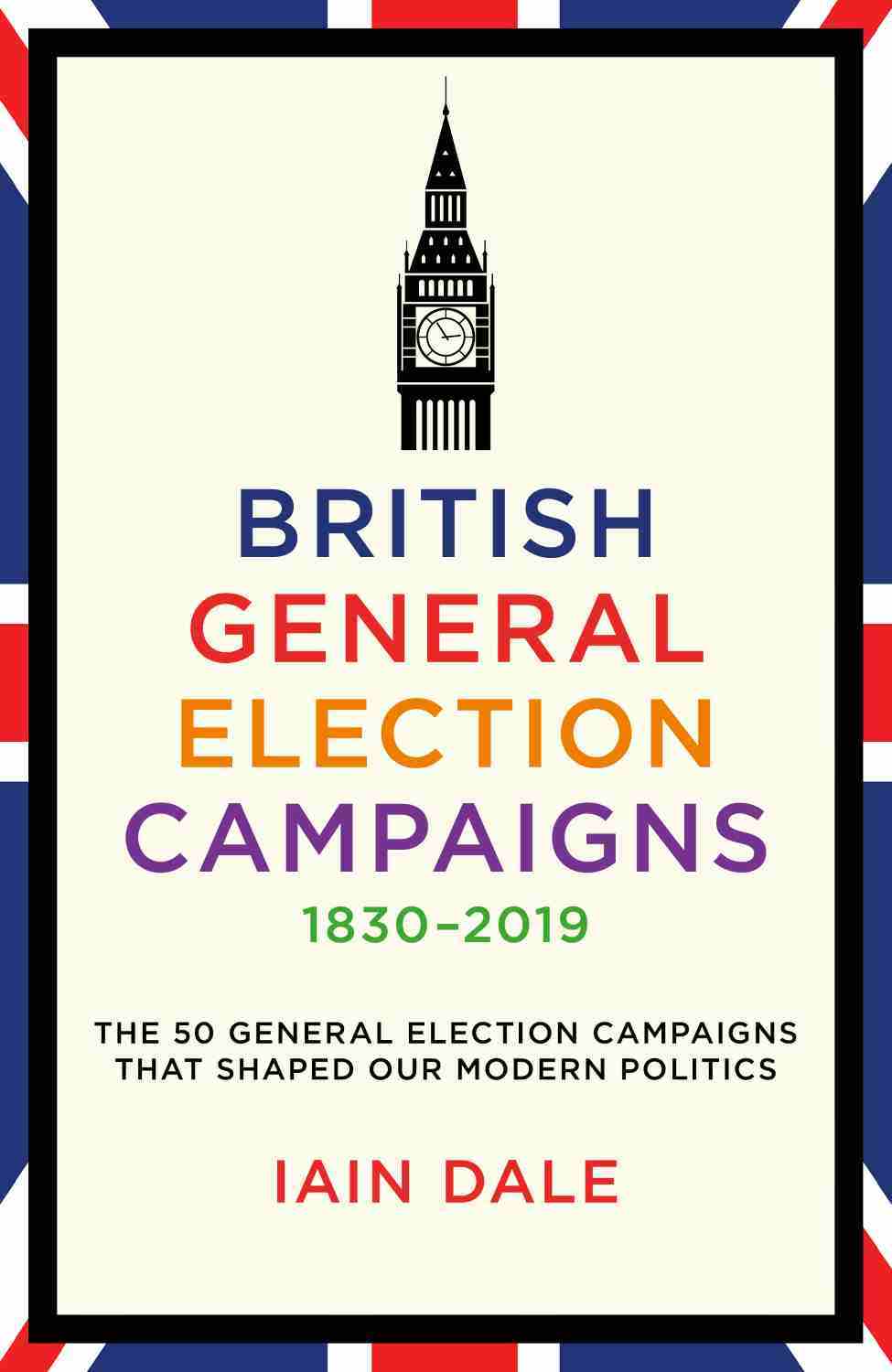Lord Lipsey reviews 'British General Election Campaigns 1830–2019'
Polling Day, May 1955: Prime minister Anthony Eden tours his constituency | Image by: PA Images / Alamy Stock Photo
3 min read
The impartiality may not be perfect, but the timing could not be better – this deep dive into 200 years of political history will prove to be a valuable piece of kit for those seeking insights into the next general election campaign
The timing of the publication of this mighty volume could not be better. We do not have a clue when the election will be. Only Rishi Sunak is in a position to know, and even he may have decided for now not to decide. But it can’t wait beyond January 2025 and this book will be a valuable bit of kit for understanding it.
By far the best bit is that it assembles in one convenient place the bare bones of the 50 general elections that have taken place since 1830 – the dates, the party leaders, turnout, vote shares and seats won. But the chapters on each individual election are a bit of a mish-mash. Some live up to the title of the book, which refers to campaigns. Philip Norton’s admirable account of the 1955 election – not by any means the juiciest election of all times – does. Other chapters, however, resemble short histories of the periods between elections. What is added to the historical record is by no means clear.
Do election campaigns much affect election outcomes? There are some examples in this book which suggest so
Nor, that means, is the role of prominent Tory publisher and broadcaster Iain Dale. He is on the cover as the apparent author, but he writes on only one of the elections covered. His role as editor is only made clear on the inner dust-jacket – and he falls down on the job. Dale being Dale, he imparts a blueish tinge to the list of authors though, to be fair, the average impartiality is admirable. But in particular for more recent elections, bias creeps in. Thus the choice of Michael McManus, an acolyte and biographer of Ted Heath, to write about the October 1974 election is inexcusable – especially when he uses his chapter largely to promote the dramas he has written on the subject.
 The glaring gaps left by this book would likely require a wholly different volume. Over the nearly 200 years it covers, there have been great transformations in elections and in election campaigns. Out went rotten boroughs in the gift of miscellaneous aristocrats. In came universal suffrage including votes for women. Campaigning was transformed first by radio; then by television; and now by social media. If you believe some of what you read, the coming election may be determined by Chinese or Russian posts (that is, if you believe the British electorate are a bunch of dupes). No doubt overall democracy is strengthened as a result – though, judging by the trend for turnout to fall, scepticism might be in order.
The glaring gaps left by this book would likely require a wholly different volume. Over the nearly 200 years it covers, there have been great transformations in elections and in election campaigns. Out went rotten boroughs in the gift of miscellaneous aristocrats. In came universal suffrage including votes for women. Campaigning was transformed first by radio; then by television; and now by social media. If you believe some of what you read, the coming election may be determined by Chinese or Russian posts (that is, if you believe the British electorate are a bunch of dupes). No doubt overall democracy is strengthened as a result – though, judging by the trend for turnout to fall, scepticism might be in order.
One question that needs to be systemically analysed is this: do election campaigns much affect election outcomes? There are some examples in this book which suggest so. Theresa May’s bog-up on social care in 2017 is a case in point. However opinion polls that purport to measure change during campaigns generally don’t, as the margin of error for each party in each poll dwarfs changes in lead. So how do we know if all the sturm und drang matters at all?
To declare my own bias, I was one of the team who ran Jim Callaghan’s 1979 campaign. Our efforts were mighty. Their results? Not so much.
Lord Lipsey is a Labour peer
British General Election Campaigns 1830–2019
By: Iain Dale
Publisher: Biteback
